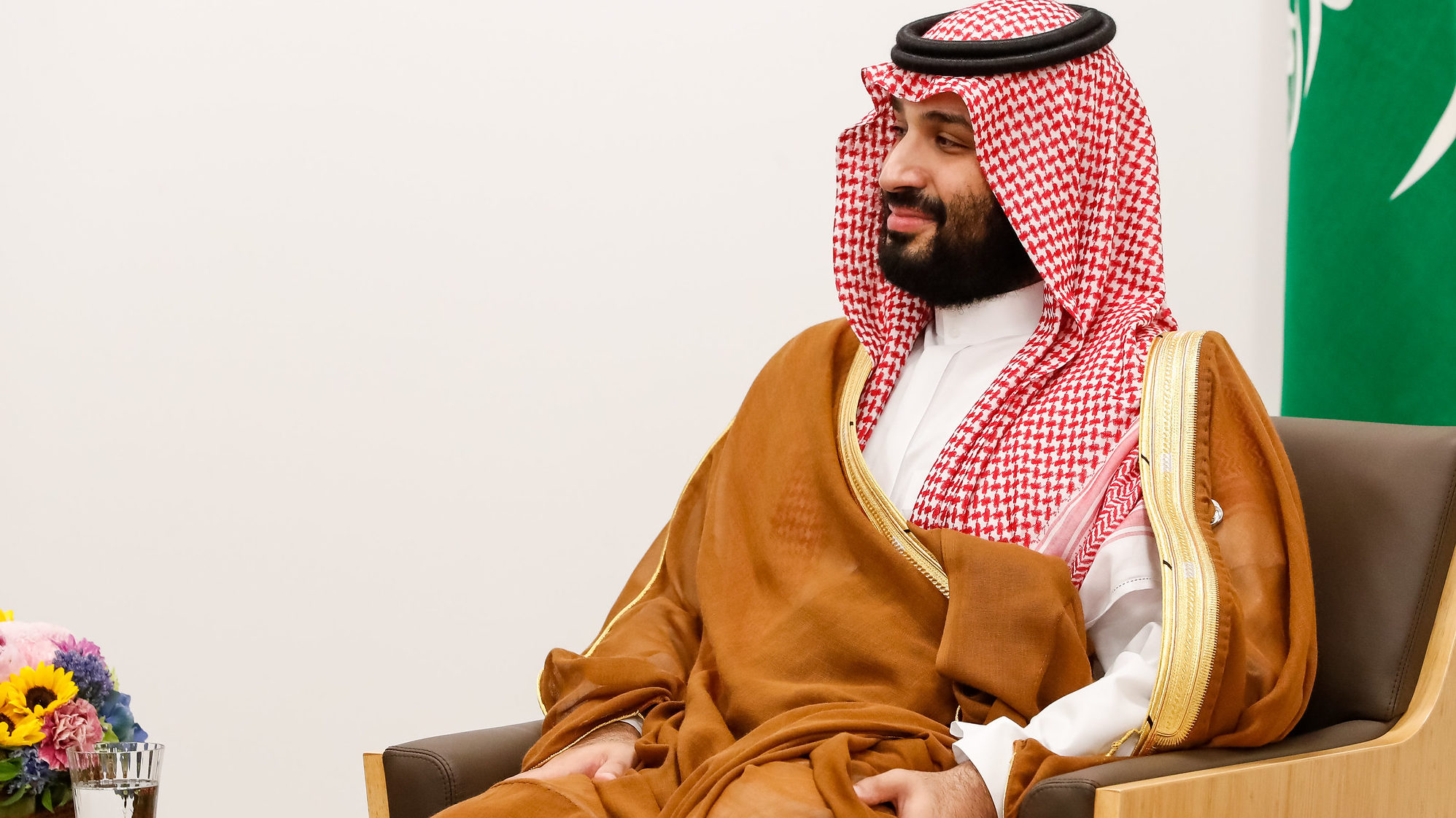Report: Meeting in Works for Biden, Saudi Prince MsB
US President Joe Biden could meet with Saudi Arabia’s crown prince Mohammed bin Salman, the kingdom’s de facto ruler, as early as next month, CNN is reporting, citing multiple anonymous sources. It would be the first meeting for the two rulers, despite a fraught relationship between the two leaders, over issues including the murder of journalist Jamal Khashoggi – which the US says was ordered by the crown prince and the Saudis deny, and Biden’s decision to withdraw from the Saudi-led coalition in support of the internationally recognized government of Yemen. Since taking office, Biden has only spoken with Saudi King Salman, though the prince, known as MbS, actually is in charge of the operation of the kingdom.
Give the gift of hope
We practice what we preach:
accurate, fearless journalism. But we can't do it alone.
- On the ground in Gaza, Syria, Israel, Egypt, Pakistan, and more
- Our program trained more than 100 journalists
- Calling out fake news and reporting real facts
- On the ground in Gaza
- Covering Israel, Syria, Lebanon
- More than 100 students
- Exposing fake news
Join us. Support The Media Line. Save democracy.


Biden administration officials are talking to the Saudis about holding an in-person meeting while the US President is on an overseas trip next month, perhaps during a meeting of the Gulf Cooperation Council in Riyadh, according to CNN. The meeting comes as Washington has asked the Saudis to increase its supply of oil due to the removal of Russian gas from the market.
This week, the US Defense Department hosted held the U.S.-Saudi Strategic Joint Planning Committee (SJPC) at the Pentagon. The committee meeting was meant to discuss “ongoing security concerns and military cooperation with the aim of advancing the U.S.-Saudi defense relationship,” according to a readout of the meeting from the Defense Department. “The delegations spoke extensively about Iran’s destabilizing activities in the region,” according to the document. The sides “exchanged views on national defense priorities and the U.S. approach to China as its pacing challenge. They conferred on a broad range of security challenges throughout the Middle East region, including the war in Yemen, maritime threats, and violent extremist organizations.”

